China’s financing and investment spread across 61 BRI countries in 2023 (up...
2024-02-27 30 英文报告下载
During a visit to the White House in 2019, Prime Minister of the Netherlands Mark Rutte was handed an intelligence report by one of President Trump’s national security advisors. The security document laid out possible consequences of China acquiring the technology of ASML, an important Dutch semiconductor equipment manufacturer. The Trump administration hoped to convince the Dutch government to block shipment of one of ASML’s most advanced chip-producing machines to China’s Semiconductor Manufacturing International Corporation (SMIC). They got what they wanted: the Dutch government did not renew the export licence that ASML required for the shipment.1 The event is illustrative of how the Dutch semiconductor industry has been drawn into the technological rivalry between the United States and China. The United States’ efforts to frustrate China’s goal of becoming technologically highly advanced and self-reliant continue under President Biden. Not only is the Dutch semiconductor sector drawn into this endeavour, but so are many industries in Asia.
For example, the Biden administration has proposed creating a ‘Chips Alliance’ to strengthen ties linking the industries of Japan, South Korea, Taiwan and the United States in the face of Chinese ambitions. Moreover, in October 2022 President Biden introduced export controls targeting semiconductor-related supplies to China, which also affect Asian companies. However, the US–China rivalry is not the only political factor impacting Asia’s semiconductor industries. So are domestic political agendas and regional relations. For example, trade disputes between Japan and South Korea are affecting the semiconductor industries in both countries, while India is looking to become a chip-manufacturing hub. Taiwanese semiconductor giant TSMC is considering building factories in other Asian countries amid political and military tensions over the island. Singapore’s government is actively attracting foreign companies in the semiconductor industry to settle in the city state, while South Korean companies have built up large interests in China’s semiconductor industry.

标签: 英文报告下载
相关文章
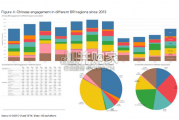
China’s financing and investment spread across 61 BRI countries in 2023 (up...
2024-02-27 30 英文报告下载

Though the risk of AI leading to catastrophe or human extinction had...
2024-02-26 50 英文报告下载
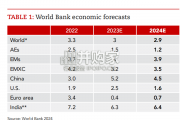
Focusing on the prospects for 2024, global growth is likely to come i...
2024-02-21 95 英文报告下载
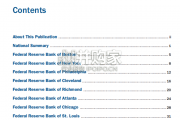
Economic activity declined slightly on average, employment was roughly flat...
2024-02-07 66 英文报告下载
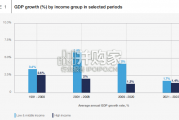
Economic growth can be defned as an increase in the quantity or quali...
2024-02-06 82 英文报告下载
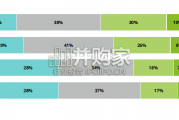
In this initial quarterly survey, 41% of leaders reported their organizatio...
2024-02-05 66 英文报告下载
最新留言